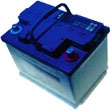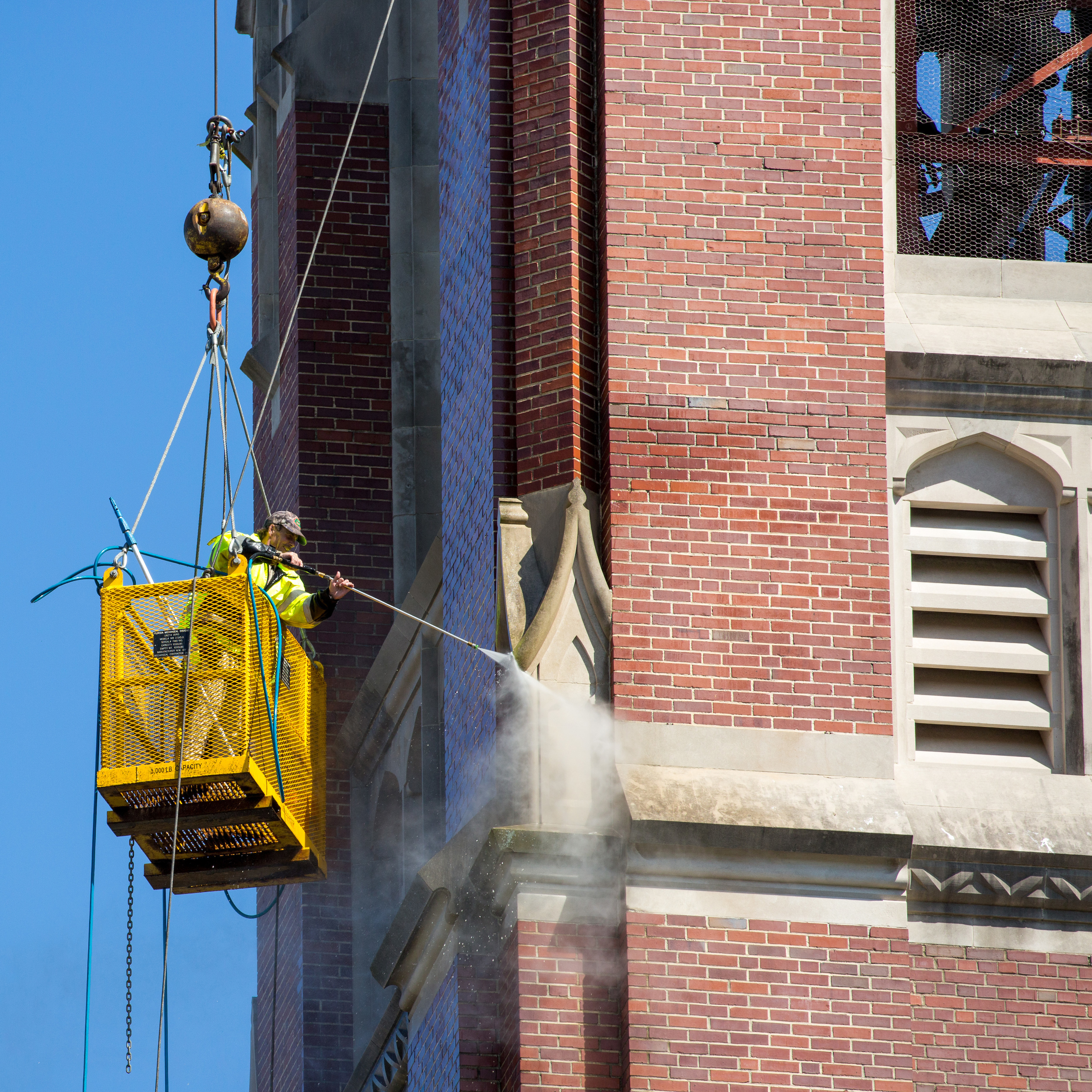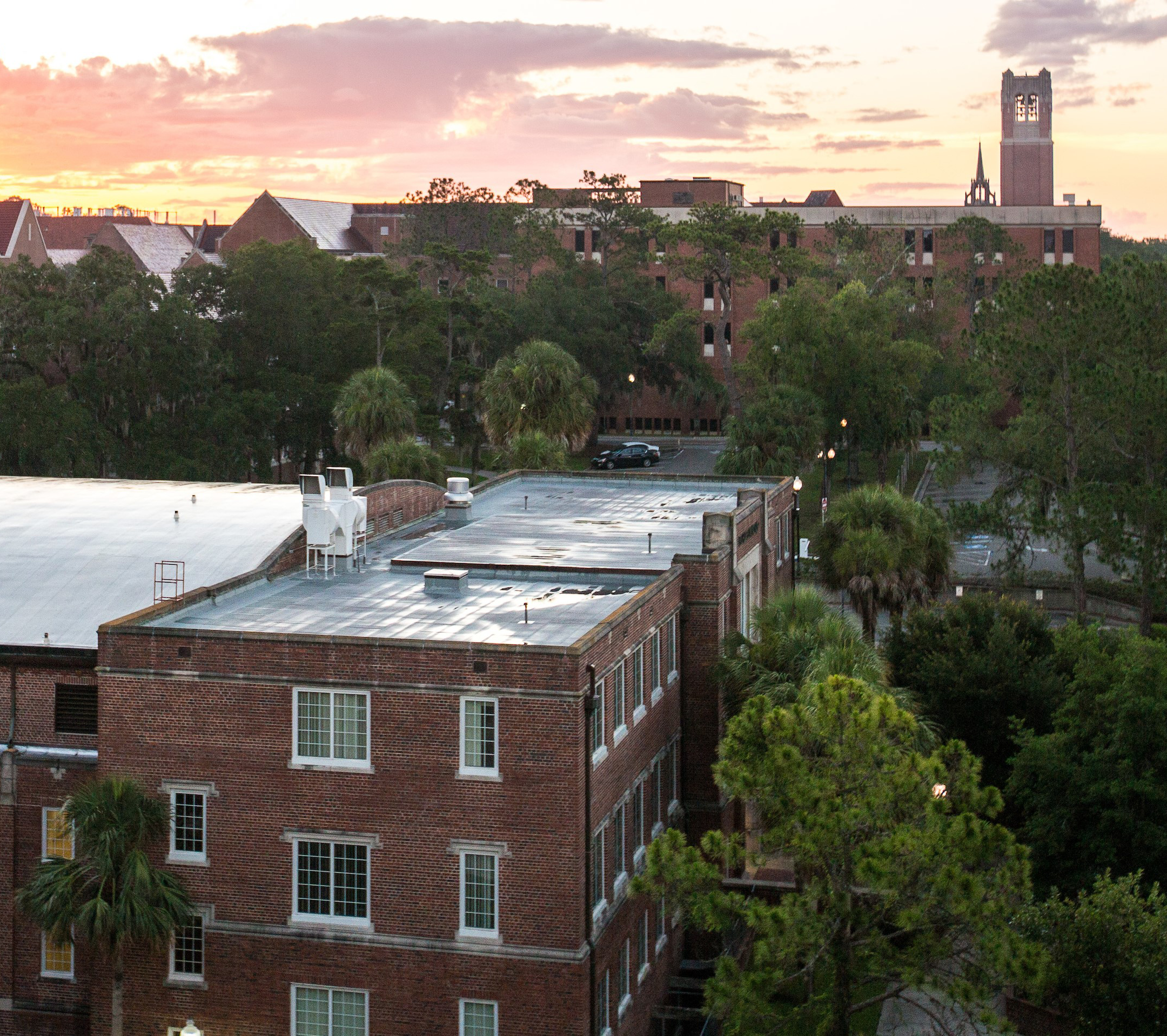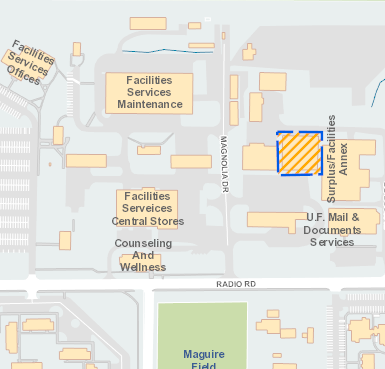In Your Vehicle


- Tune up vehicles
- Repair leaks
- Check tire pressure
- Wash at a car wash or on the grass
- Recycle/properly dispose of batteries, oil, fluids, antifreeze, polishes and cleaners
- Put a trash bag in your vehicle
- Drive less
Tune Up Vehicles
Atmospheric pollutants that come out of your vehicle’s exhaust pipe can be collected by falling rain, increasing the toxicity of stormwater runoff. Regular tune-ups help reduce the amount of gasoline your vehicle burns, and reduce the overall amount of hydrocarbons and nitrous oxide that comes from your tail pipe.
Repair Leaks
Spots under your vehicle could indicate that the engine, transmission or radiator in your car is leaking. Have the leak repaired. Then clean up the spot by using cat litter or another absorbent material to soak up the spill. Sweep up the cat litter and put it in a sealed bag in the trash for disposal. Do not scrub the spot with detergent and wash the dirty water into the street. Remember, all that dirty water ends up in lakes and streams.
Check Tire Pressure
One of the simplest and cheapest ways to prevent pollution is to keep your tires inflated. Properly inflated tires reduce the amount of gasoline your car burns, therefore reducing the amount of polluted exhaust that your car makes.
Wash at a Car Wash or on the Grass
Taking your car to a commercial car wash or spray booth is a good  way to protect our waterways. The dirty water from the car wash (that could include metals from the vehicle and nutrients from the soap) goes to a wastewater treatment plant where pollutants are removed.
way to protect our waterways. The dirty water from the car wash (that could include metals from the vehicle and nutrients from the soap) goes to a wastewater treatment plant where pollutants are removed.
If you want to wash your car at home, drive it onto the lawn or a gravel drive where the water will soak into the ground, rather than running toward a storm drain. The soil will filter out most pollutants. Use a sponge and bucket to reduce the amount of wash water, and empty the bucket down a household drain instead of pouring it onto the street. Finally, use low-phosphate detergents to minimize the effects of wash water if it enters receiving waters.
Recycle / Properly Dispose of Batteries, Oil, Fluids, Antifreeze, Polishes and Cleaners
Many of automotive items should not be placed in the regular trash  because they contain hazardous chemicals that can cause pollution when placed in traditional landfills.
because they contain hazardous chemicals that can cause pollution when placed in traditional landfills.
Washing auto fluids down a household drain is also not a good idea, as these chemicals can cause problems for sewage treatment plants and septic tanks.
The Alachua County Household Hazardous Waste Collection Center will collect the following automotive items free of charge:
- Automotive Batteries
- Used Motor Oil and Filters
- Brake Fluid
- Transmission Fluid
- Antifreeze
- Stale Gas
- Paints, Polishes and Special Cleaners
Put a Trash Bag in Your Vehicle
Throwing garbage out of your car window and onto highways, ramps, and streets is not just unsightly – it’s illegal! Many people mistakenly believe that cigarette butts will quickly biodegrade if tossed onto the ground. In reality, the white fibers you see in a cigarette filter are not cotton, but a plastic that can persist in the environment as long as other forms of plastic. Cigarettes can be picked up in a rain event and washed into waterbodies where their chemicals and toxins can pollute the water and poison wildlife.
The solution is simple — keep a garbage bag in the car and use your ashtray. When these are fill, simply dump them into your trash bin.
Drive Less
Driving less is the best way to prevent pollution. Water quality tests show that the most polluted runoff comes from heavily t raveled streets and highways. This runoff often contains enough zinc, lead or copper to kill fish and other aquatic life.
raveled streets and highways. This runoff often contains enough zinc, lead or copper to kill fish and other aquatic life.
Modified From:
University of Wisconsin Extension. “Car Care for Cleaner Water.” 1999.
More Information
- Explore the bus routes in your neighborhood
- City of Gainesville Bicycle & Pedestrian program
See bike routes, trails, ordinance and parking information - UF Transportation and Parking Advisory Committee and their meeting minutes
- Learn how oils, automotive fluids and other toxics can cause water pollution.
- Learn from the Car Wash Guys how to conduct more environmentally friendly carwash fundraisers.
- Contact Keep Alachua Beautiful’s Trash Troopers and have a concerned citizens notice sent to anyone you spot littering from their vehicle.





